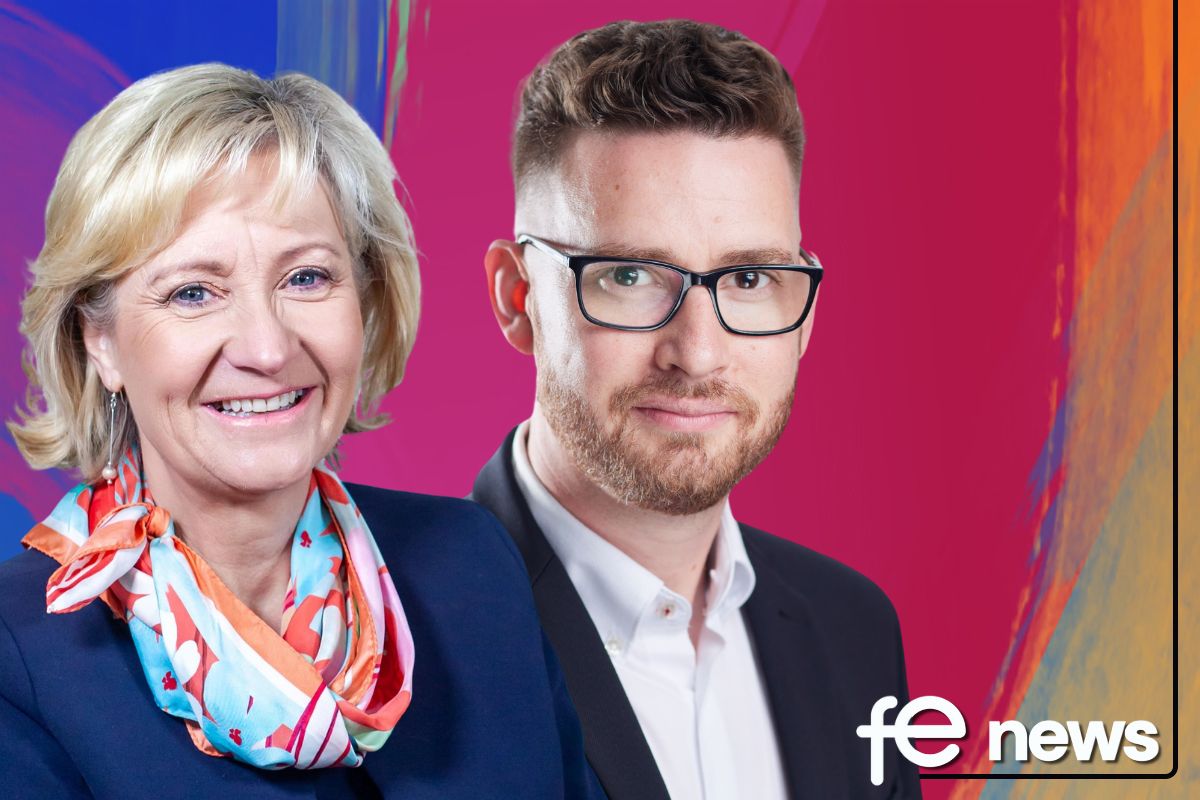It’s time to be smart about how we reshape education for the future

We have learnt a lot in the past year and one of the most important takeaways from the shift to digital learning has been that curricula needs to evolve to enable learners to develop the core skills needed to navigate future uncertainty and become ‘digitally fluent’. The pandemic has given us an opportunity to refocus education for the future and, as a result, we’re seeing fresh energy brought to debates around how we can best serve learners moving forward.
A recent study by Oxford University Press (OUP), looking into the impact of digital learning, found that just 15 per cent of teachers felt their institution was able to align remote education completely to their intended curriculum. This is no surprise when institutions were, almost overnight, forced to rely heavily on digital platforms, integrating new technologies into the classroom.
We also saw a tangible shift in parents’ and carers’ relationship with teaching and learning. Many are now less preoccupied with academic progress and more concerned about their children’s wellbeing. There is perhaps greater recognition of the importance of the pastoral aspects of school life and the friendships and social experiences that school enables.
There is no better time, in the wake of the pandemic’s unprecedented disruption to schooling, to bring a fresh approach to addressing the needs of the next generation of learners and teachers. That’s why we recently launched a consultation, calling on all educators and policy-makers to share their views on the development of our innovative, new Oxford Smart Curriculum—designed to prepare young people for whatever their futures may hold. We know that teachers are the experts in understanding what their students need to succeed. It’s crucial that we listen to their perspectives on what will be impactful in practice and use this to reshape how we teach and learn.
Teachers’ time has always been a challenge and adapting to a new way of teaching over the past year, with a vast range of new digital technology to get to grips with, has only exacerbated this. Our research has shown that 86 per cent of UK teachers feel their workload had increased since the implementation of remote education. To save teachers valuable time, the Smart Curriculum provides a structured and effective approach to building subject knowledge and skills that can be used within, and across, subjects. As the first time that curriculum and assessment have been developed in tandem, it integrates high-impact strategies to support responsive teaching and learning, in order to deliver the best educational outcomes.
The curriculum will be focused around six key pillars: coherent curriculum pathways; high expectations; responsive teaching and learning; developing cognitive and metacognitive skills; identity; and awe and wonder. As well as promoting knowledge and academic achievement, these principles are also about creating an environment in which young people can thrive and develop their own identity, have autonomy in their own education and, hopefully, develop a life-long love for learning.
We need an inspiring curriculum that combines teacher expertise with the best educational research, meeting the needs of schools now, while also preparing young people for the future. By taking into consideration the needs of different students and contexts, learners must be given the space to set their own path, regardless of their background.
What’s more, it’s crucial that curricula supports the development of both cognitive and metacognitive skills young people need to be both emotionally and intellectually equipped for the future. In an ever-changing landscape, getting comfortable with uncertainty will be essential for future generations to succeed, with these skills more important than ever when it comes to navigating our rapidly changing world.
Amie Hewish, Head of Primary and Secondary, Maths and Science at Oxford University Press
The consultation for OUP’s Smart Curriculum is open until 7 July before being rolled out with pilot schools in September of this year. Aligned with the National Curriculum, it will eventually be available to all UK secondary schools and multi-academy trusts.











Responses